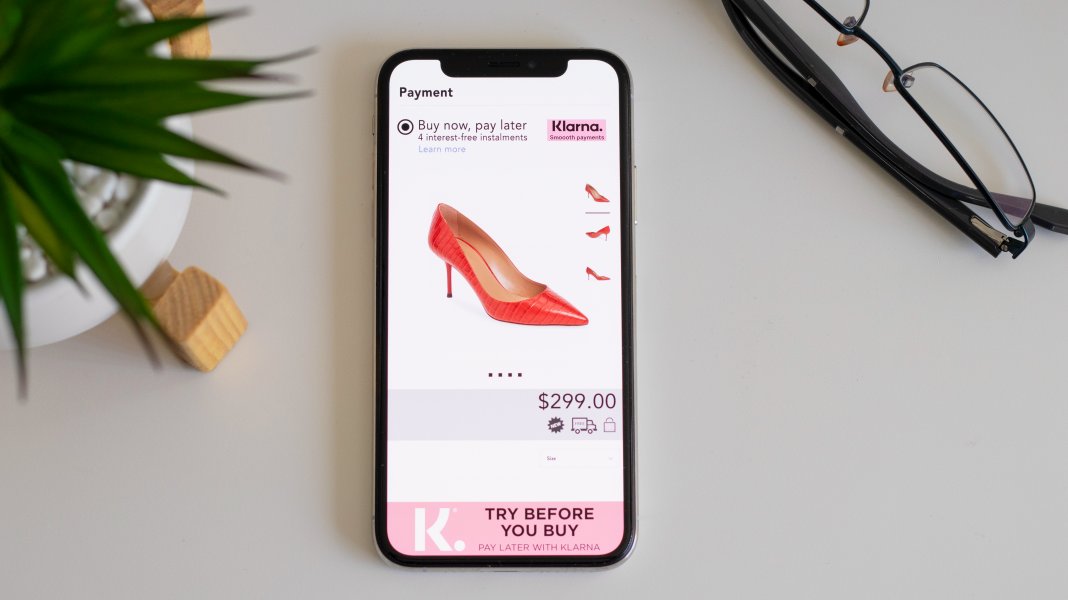We all want to have nice things, which is why we work hard and save up for them. However, for those who are light on cash but heavy on impulse, there are other options such as Hire purchase and lay-bys.
Hire purchase and lay-bys for large items are not a new thing, but lay-bys are paid in full before you pick them up and hire purchases go through a credit check and affordability screen before they are approved, so there is a layer of protection for both financier and consumer however there is a new type of lending that does not.
You would have seen options like afterpay, Zip and others on Trademe and plastered on shop fronts I’m sure, these allow you to spread your purchase over four “easy” payments, no credit checks, no interest and no fees. These may sound like very attractive options, but if you look at the effects of the ‘pay after you buy’ products and who they are aimed at, they seem a lot less favourable.
Hire purchase and lay-by are designed for people who have large expenses or items to buy that could not be reasonably expected to fit into the average family budget, such as a vehicle that breaks down, an animal with unexpected health issues or urgent orthodontic work for a buck toothed teen.
However, the “buy now pay later” offering appears to be aimed at providing mainly luxury or at the least non-essential goods to low income people that they would not otherwise be able to afford.
Even more of a concern is that in Australia, restaurant meals and alcohol shop purchases are now able to be purchased via the “buy now pay later” payment model. Many financial commentators are predicting that this will be commonplace in New Zealand as soon as Q1 2022.
The afterpay alternative
Lately I have repossessed many cars from people, and when they have filled out their means assessments, have put “afterpay” as a large proportion of their weekly outgoings. What this shows is that people are putting impulse or luxury purchases ahead of their necessary or core expenses as a priority.
After speaking to the people that we repossess from as to how they got themselves in to the financial pickle that brought me and my kind to their door, the common response was “I wanted the thing and it seemed so easy to buy I couldn’t help myself”.
The lesson is that if you can’t afford to buy something now and you have a fixed income what makes you believe that you will be able to afford it later, especially when you are purchasing multiple items using this system?
All this seems to do is spend more and more of your income before you have earned it, in order to buy things that if you had to save for you would not have bought any way! It is common for people to attach less value on future earned money than on past earned money, but I can tell you that debt is debt no matter how it came about and irrespective of the mindset held when you incurred it.
Just a thought.
Related: All flash and no cash




